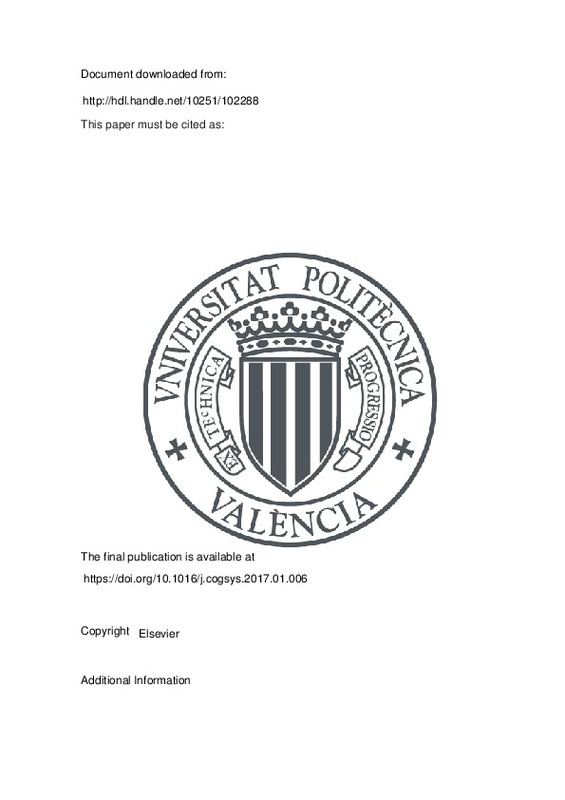JavaScript is disabled for your browser. Some features of this site may not work without it.
Buscar en RiuNet
Listar
Mi cuenta
Estadísticas
Ayuda RiuNet
Admin. UPV
A computational analysis of general intelligence tests for evaluating cognitive development
Mostrar el registro completo del ítem
Martínez-Plumed, F.; Ferri Ramírez, C.; Hernández-Orallo, J.; Ramírez Quintana, MJ. (2017). A computational analysis of general intelligence tests for evaluating cognitive development. Cognitive Systems Research. 43:100-118. https://doi.org/10.1016/j.cogsys.2017.01.006
Por favor, use este identificador para citar o enlazar este ítem: http://hdl.handle.net/10251/102288
Ficheros en el ítem
Metadatos del ítem
| Título: | A computational analysis of general intelligence tests for evaluating cognitive development | |||
| Autor: | ||||
| Entidad UPV: |
|
|||
| Fecha difusión: |
|
|||
| Resumen: |
[EN] The progression in several cognitive tests for the same subjects at different ages provides valuable information about their cognitive development. One question that has caught recent interest is whether the same ...[+]
|
|||
| Palabras clave: |
|
|||
| Derechos de uso: | Reserva de todos los derechos | |||
| Fuente: |
|
|||
| DOI: |
|
|||
| Editorial: |
|
|||
| Versión del editor: | https://doi.org/10.1016/j.cogsys.2017.01.006 | |||
| Código del Proyecto: |
|
|||
| Agradecimientos: |
|
|||
| Tipo: |
|







![[Cerrado]](/themes/UPV/images/candado.png)


